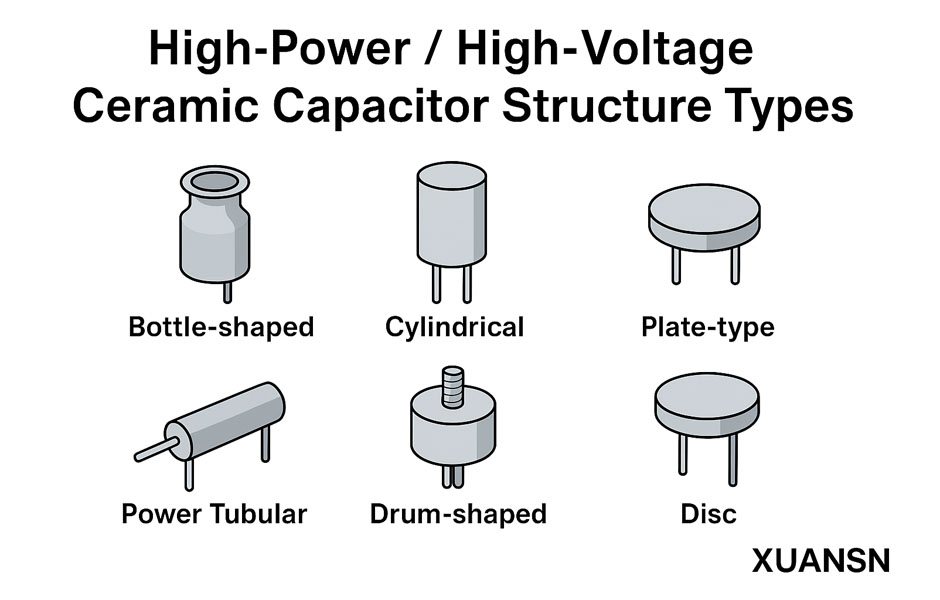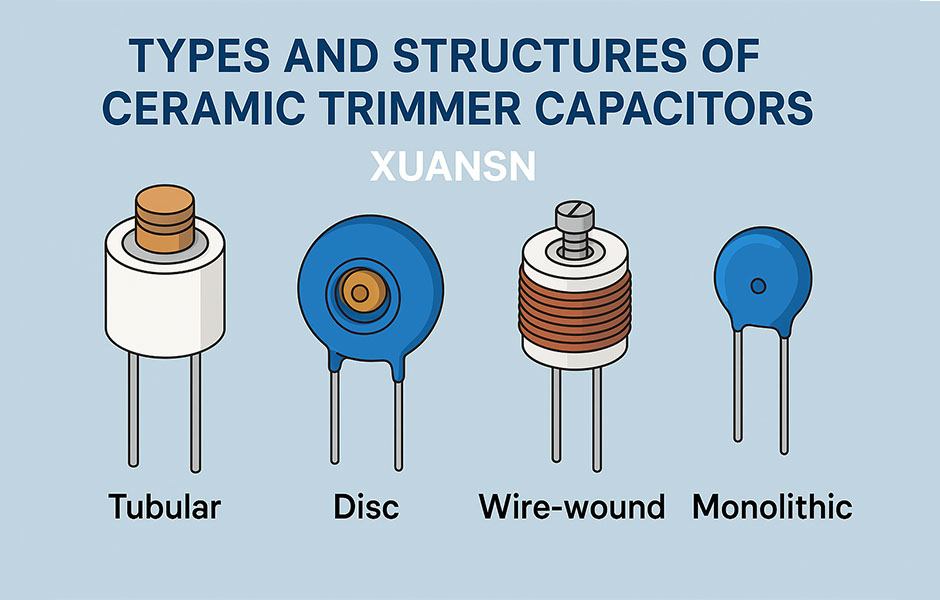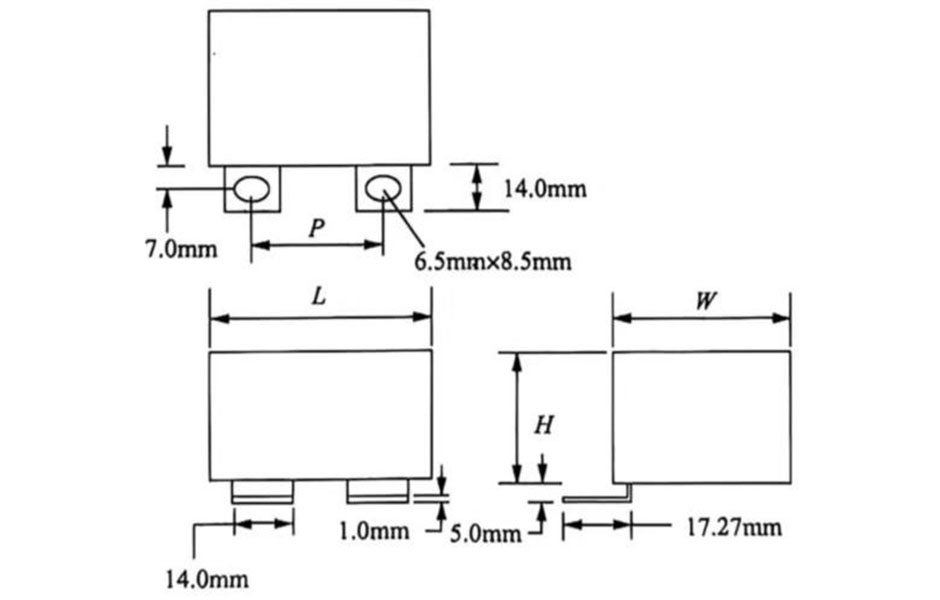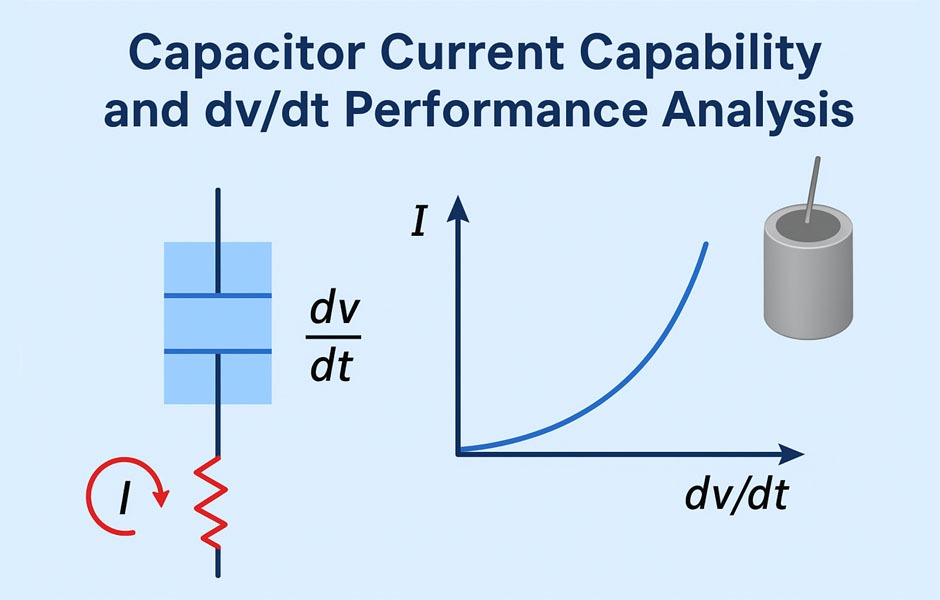1. The breakdown of the internal components of the reactive power compensation capacitor is mainly caused by poor production technology and overvoltage.
Solution: Choose a good quality compensation capacitor and add an overvoltage protection device;
2. The insulation damage of the reactive power compensation capacitor to the shell: the lead wire of the compensation capacitor is made of thin copper sheet. If the manufacturing process is poor, the edge is uneven, there are burrs or bends, and the tip is prone to corona, which will cause the oil to decompose and the case. Breakdown caused by swelling and drop of oil level.
Solution: You can choose dry-type compensation capacitors with good production technology. When selecting, you can check the appearance of the compensation capacitor and the test report;
3. When the cover is sealed, if the welding time is too long at the corners, the internal insulation will be burned and oil and gas will be generated, which will greatly reduce the oil level and cause damage to the compensation capacitor.
Solution: When purchasing, you can check the welding place of the compensation capacitor and choose the dry compensation capacitor;
4. Poor sealing and oil leakage: due to poor sealing of the assembly sleeve, moisture enters the interior, which reduces the insulation, or the oil level drops due to oil leakage, resulting in pole-to-shell discharge or component breakdown.
Solution: You can buy good quality compensation capacitors and choose reliable brands;
5. Bulging and internal dissociation: due to internal corona, breakdown discharge and internal dissociation, the compensation capacitor will reduce the initial dissociation voltage of the component below the working field strength under the action of overvoltage, which causes physical, chemical, The electrical effect accelerates the aging, decomposition, and gas generation of the insulation, forming a vicious circle, increasing the pressure of the tank shell, causing the outer wall of the tank to bulge and cause an explosion.
Solution: You can choose a dry compensation capacitor with overpressure protection and explosion-proof protection.
6. Charged closing causes the compensation capacitor to explode: When the power capacitor is cut off and closed again without being fully discharged, the maximum inrush current generated can reach twice that of charging, and the residual voltage of the compensation capacitor and the system voltage may be superimposed, which can lead to The compensation capacitor exploded at the moment of closing.
Solution: You can add a surge protector device.



